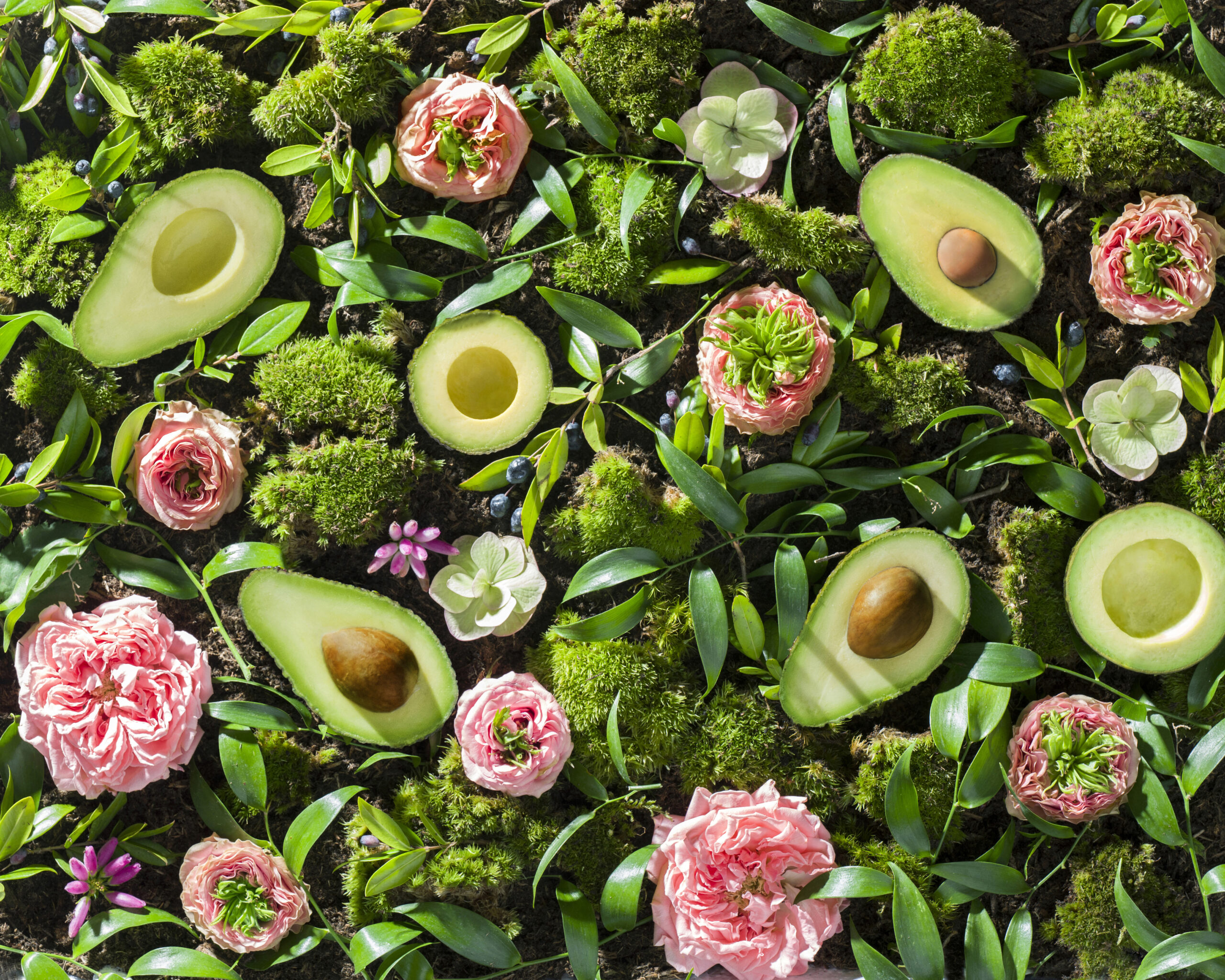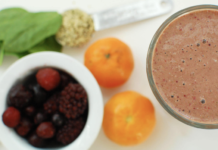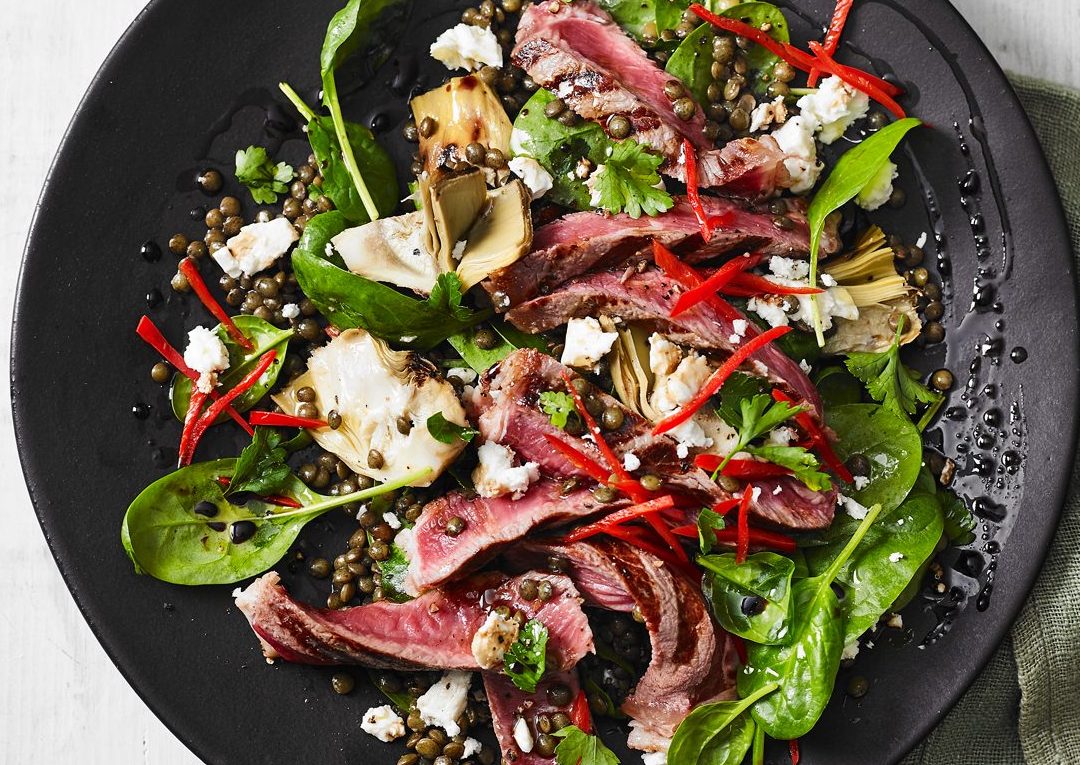Summer will soon be upon us, but before you head to the beach…or even just the beer garden, give your skin a boost with the avocado
Dubbed the fruit of life, the avocado contains a myriad of nutrients that can help improve skin elasticity, firmness, and hydration, as well combatting signs of ageing and offering a level of protection from the sun. We can reap the bountiful benefits both by not only eating avocados on a regular basis but also by applying avocado masks directly onto the skin.
Here are some of the top avocado nutrients for your skin (and the science behind them):
Good fats for firmness
It’s widely known that avocados have a high ‘good’ fat content, specifically monounsaturated fatty acids which are scientifically proven to increase elasticity and reduce the appearance of wrinkles. A recent pilot study in the Journal of Cosmetic Dermatology demonstrated that women who ate an avocado daily saw significant enhancement in their skin’s firmness. This backs up evidence that the inclusion of fats, as a part of a healthy diet, is beneficial for the skin. What’s more, fats play a vital role in helping the body absorb certain vitamins. So whether eaten alone, or with other nutritious foods, the avocado will boost the body’s vitamin uptake.
Vitamins C and E for a collagen and sun protection boost
Speaking of vitamins, avocados have them in spades. They are particularly rich in both vitamins E and C, antioxidants which help combat skin-damaging free radicals. Though not to be used as a replacement for sun cream, vitamins C and E are proven to help protect the skin from the sun’s UV rays. Vitamin C is also vital for the production of collagen, the building block of skin and hair. As such, when consumed and applied topically, it can aid skin repair and ward off signs of ageing, according to researchers in the journal, Nutrients.
Lutein for extra UV defence
Avocados are also a great source of lutein, a natural carotenoid that, like vitamins E and C, is an antioxidant and helps protect the skin from UV rays. A 2016 study found that individuals whose diets were supplemented with carotenoids such as lutein had significantly improved skin tone after a 12 week period.
A truly versatile ingredient, more avocado can be incorporated into the diet in so many ways. From the classic avo on toast or for the more adventurous, how about an avocado scotch egg, avocado ice cream or even an avocado mocktail. See below a recipe for a super simple avo smoothie from the World Avocado Organisation (WAO).
For the full avocado experience, why not treat yourself to a hydrating homemade avo face mask too. All you need is one ripe avocado and a tablespoon of honey. Combine the two ingredients to make a smooth paste, apply to the face and leave for 10 -15 minutes, then remove the mask with water for brighter, smoother skin.
Recipe Idea – The Squeeze My Day Smoothie
This cocktail of fresh fruit, juices and seeds will set you on the right track for the day.
Ingredients
1 avocado, pit and skin removed
Juice from 1⁄2 orange
Juice from 1⁄2 lemon
1 frozen banana, cut into chunks
2 tsp. vanilla extract
150ml unsweetened almond milk 1 tbsp. hemp seeds
Equipment
Food processor or blender
Method
Blend all the ingredients together until smooth. Add extra almond milk if you’d like your smoothie to be thinner. Serve straight away with a reusable straw.
About WAO
WAO is a non-profit organisation founded in 2016 that represents the main producers, exporters and importers of avocados around the world. WAO promotes the consumption of avocados based on their nutritional value and recognised health benefits.
For more information:
Arabella Sneddon – arabella@marco.agency
Loredana Domingo – loredana.domingo@marco.agency
Sophie Rasbash – sophie@marco.agency
Sources:
Henning, S.M., Guzman, J.B., Thames, G., Yang, J., Tseng, C., Heber, D., Kim, J. and Li, Z. (2022). Avocado Consumption Increased Skin Elasticity and Firmness in Women ‐ A Pilot Study. Journal of Cosmetic Dermatology. doi:10.1111/jocd.14717.
Nagata, C., Nakamura, K., Wada, K., Oba, S., Hayashi, M., Takeda, N. and Yasuda, K. (2010). Association of dietary fat, vegetables and antioxidant micronutrients with skin ageing in Japanese women. The British Journal of Nutrition, [online] 103(10), pp.1493–1498. doi:10.1017/S0007114509993461.
Nachbar, F. and Korting, H.C. (1995). The role of vitamin E in normal and damaged skin. Journal of Molecular Medicine, 73(1), pp.7–17. doi:10.1007/bf00203614.
Pullar, J.M., Carr, A.C. and Vissers, M.C.M. (2017). The Roles of Vitamin C in Skin Health. Nutrients, [online] 9(8), p.866. doi:10.3390/nu9080866.
Juturu, V., Bowman, J. and Deshpande, J. (2016). Overall skin tone and skin-lightening-improving effects with oral supplementation of lutein and zeaxanthin isomers: a double-blind, placebo-controlled clinical trial. Clinical, Cosmetic and Investigational Dermatology, Volume 9, pp.325–332. doi:10.2147/ccid.s115519.











